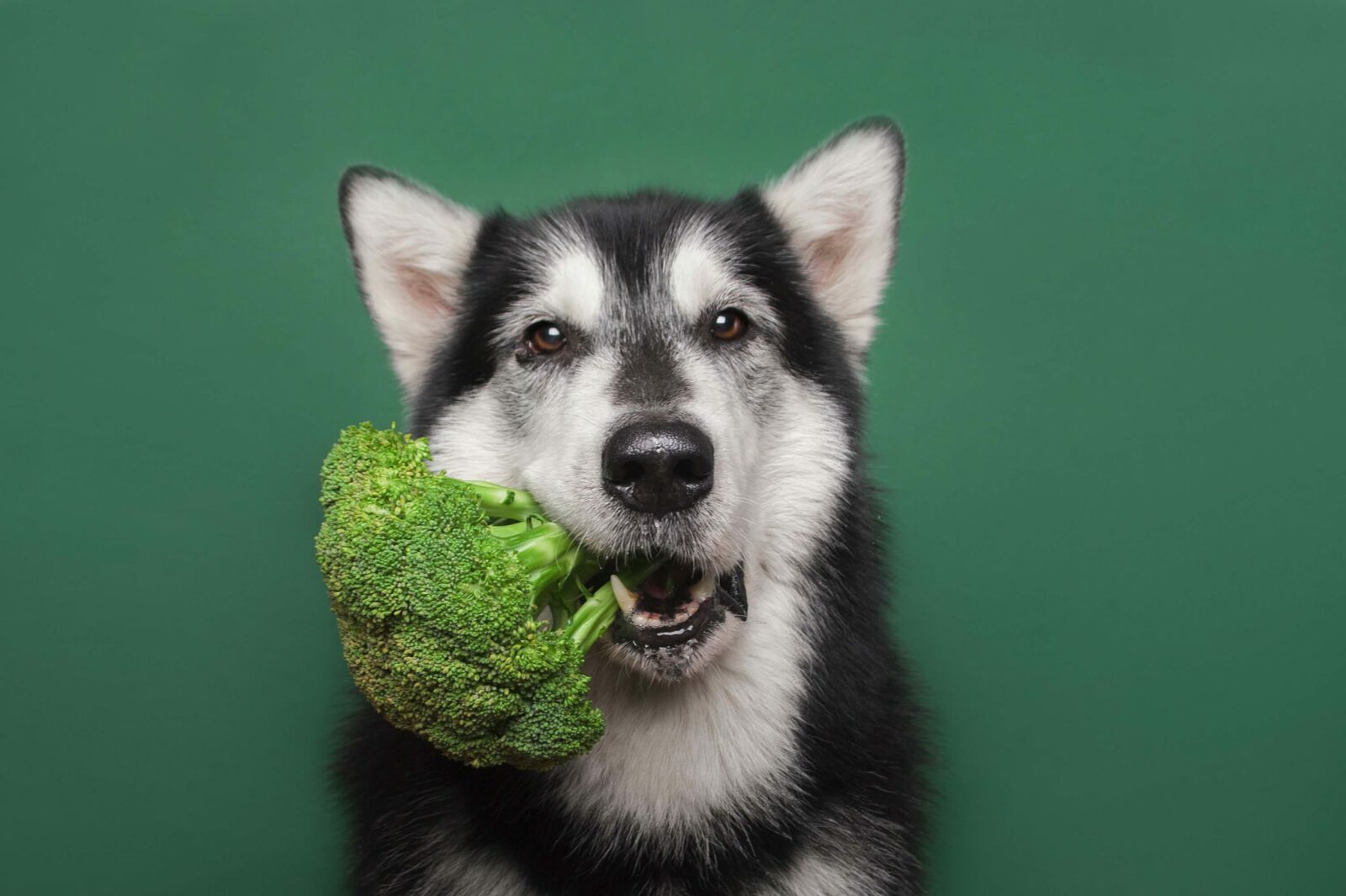Blog, General dog nutrition
The importance of antioxidants for dogs
Updated February 2024 by Kristina Johansen
There is a lot of hype surrounding antioxidants for dogs – they are often mentioned in TV advertising for various products or in glossy magazines.
But what exactly are antioxidants, what do they do, are they important and should we give our dogs antioxidant supplements to ensure they get enough in their diet?
Oxidation & antioxidants
Antioxidants help fight oxidation which is the normal chemical process that we associate with things breaking down. For example, the rust on your bicycle is caused by oxidation. When you cut and apple and it starts to go brown – that’s also caused by oxidation.
But oxidation is also an essential part of everyday living inside the body (ours and our dog’s). When your dog breaks down food, exercises or make new cells – all of these activities involve oxidation. And oxidation produces ‘free radicals’ – uncharged molecules which react with and injure other molecules.
It’s tempting, therefore to consider free radical as the ‘evil baddies’ and antioxidants as the super-heroes that help us and our dog battle their destructive tendencies but it’s a bit more complicated than that.
Free radicals, friend and foe!
Your dog’s immune system uses free radicals to attack and kill invading viruses and other pathogens so they actually help to keep your dog healthy. A certain amount of free radicals are therefore necessary for the body to function properly. However, too many and they are like loose cannons.
Accumulated free radical damage that has built up over time is associated with aging diseases such as arthritis, cognitive dysfunction and heart disease. Many cancers are also thought to have their origins in inflammation and oxidative damage to DNA.
Although your dog may not be as sensitive to ‘growing old’ as we are and certainly don’t need to lather themselves in anti-aging face cream it’s obviously important to do all we can to starve off these serious conditions and protect the health of our dogs.
Is a diet high in antioxidants good for your dog?
Absolutely, yes! Antioxidants in your dog’s diet are crucial for controlling the damage caused by free radicals.
Sadly, many dogs don’t eat enough (or any) fresh fruits and vegetables, which are often rich in antioxidants. If this is the case with your dog, you may need to consider adding an antioxidant supplement to your dog’s diet.
Now, you might think that because antioxidants counteract harmful free radicals, loading up on them is the way to go. But this is not the case – consuming excessive amounts of antioxidants can actually backfire. Moderation is key!
If you’re considering antioxidant supplements for your dog, it’s best to consult your vet about the appropriate dosage.
Alternatively, you can safely boost your dog’s dietary intake of antioxidants via food. Just be sure to steer clear of foods that are toxic to dogs, such as grapes, raisins, garlic, and leek
How to choose antioxidant rich foods for your dog
Antioxidants can be found in a variety of foods as vitamins, minerals and phytonutrients, among other compounds. The vibrant colors in fruits and vegetables often signal the presence of antioxidants, so the more colorful the food, the richer it is likely to be in antioxidants. For example:
- Green of broccoli, kale, green beans and spinach
- Red of cranberries, raspberries, pomegranates and ripe tomatoes
- Orange of carrots and sweet potatoes
- Yellow of mangos, squash and banana
- Blue-purple of blueberries, blackberries and red cabbage.
See what you dog enjoys and add a small amount of these nutrient-rich options into your dogs diet.
If you’d like more information, as well as tips and tricks on incorporating fruits and vegetables into your dog’s diet, I suggest you check out this blog:
Antioxidant supplements & cancer
Antioxidants are often discussed with regard to cancer prevention. But when it comes to their role after a cancer diagnosis, the picture gets a bit murkier. Some research even suggests that high levels of added antioxidants from supplements might do more harm than good.
Let’s dig a bit deeper.
Cancer cells produce free radicals at an accelerated rate due to their rapid growth. Oddly enough, this could be their downfall! When a cell accumulates too many free radicals, it can trigger its own death. So ironically, cancer cells can be their own worst enemy.
Here’s where it gets a little more interesting. Some cells in the immune system also produce free radicals specifically to target and kill cancer cells. So, flooding the body with antioxidants, which neutralize these free radicals, might actually be counterproductive.
Additionally, various therapies, including certain types of chemotherapy, work by introducing even more free radicals to encourage cancer cells to self-destruct.
So, while antioxidants can help reduce the risk of developing cancer by mopping up free radicals. those very same free radicals can be useful in attacking cancer cells once they’re present. Of course, this paints a very confusing picture and more research will be needed before we understand the complex relationship between cancer and antioxidants.

